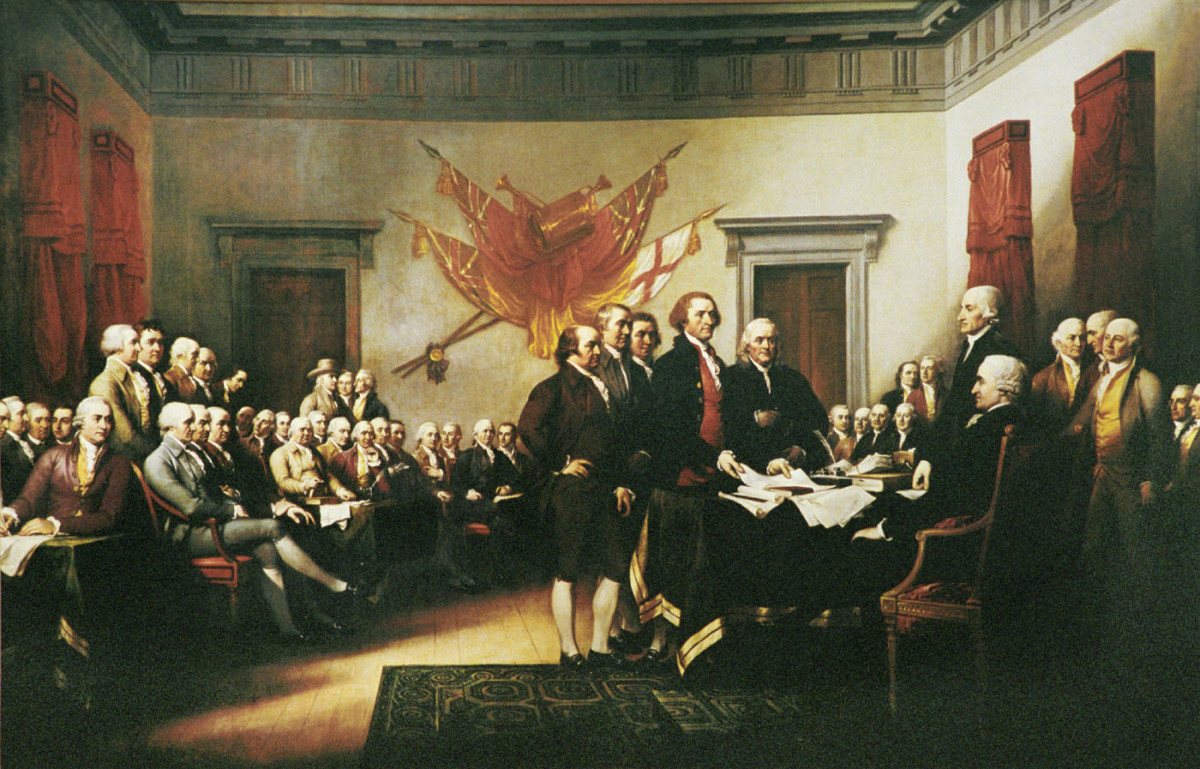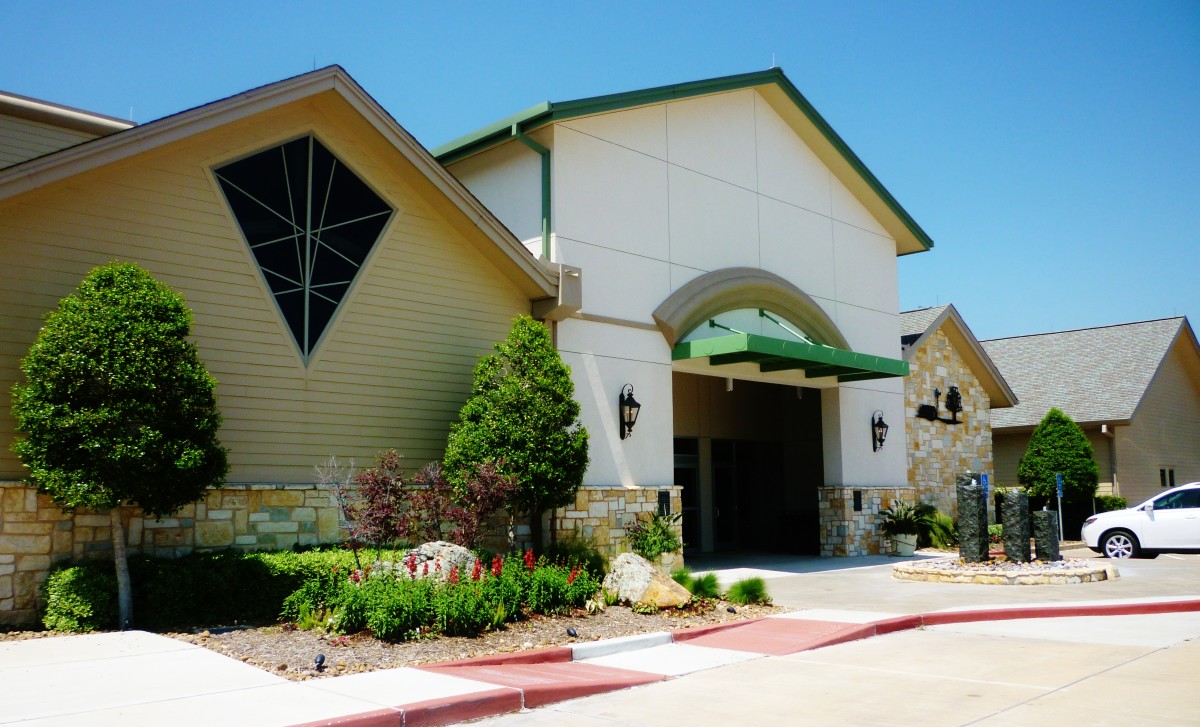The Problem with the Greater Good
Introduction
For any government governing society and states, the most important issue to address in policies is the point where they seek to provide the needs of the citizens in their land. But just as much as humans live different lives unique to each one's upbringing and attitude, it is inevitable for the people in a state or society to have conflicting degrees of necessities to fulfil. There will always be a conflict of interests, because while it is not justified to withhold an individual to what he is due, it is all the more unjustified to give a monopoly of power and rights to another. Hence, the government must be able to qualify the appropriation of rights and privileges in order that every citizen will receive the rights and privileges that he or she is eligible to. But when it comes to deciding how to appropriate needs of people with other conflicting interests, this is a tricky and often highly dangerous process because the principle of “general welfare” is often misinterpreted in favour a self-proclaimed template of standards. Standards which are set by the big players in government and economy.
Politicians

Protesters

The Fallacy of the Greater Good
Due to the differences in the needs of the people, most societies and states uphold the principle of the “Greater Good”, which means that “The needs of the many overweigh those of the few.” In this way, the most the government can do is to prevent abuses from a particular sector of the state citizens in such a way that it upholds the general welfare of the most of its citizens. However, because the government and most influential players in society set the standards of the “greater good”, there is a great risk in misconstruing the existence of truth and morality. This risk mainly roots from the confusion of many citizens – especially in democracies – on how to distinguish particular interest from the greater good. According to Jean Jacques Rousseau, every individual must have the capacity of discernment and will to live in such a way that the greater good prevails over private interest[1]. But in most cases, private interest can be taken as the “greater good”, simply because the specific personal interests of the leaders and other powerful people in society are set as standards that define what the best is for the whole community. Even human rights can be perverted into instruments for blocking the whole community system in order to defend one's self and vested interests.[2]
This problem with the greater good is mainly occurring because democracy is a government of the masses where authority is derived through mass meeting or any other form of "direct" expression. Simply put, the present system of government presents itself as a mobocracy, where the demands of the major players in society are being provided over the needs of the minority.[3] This is a utilitarian philosophy because the “greater good” suggests that anything is morally justified, as long as the end result leads to the “greater good” of society.
Ironically, by claiming the collective need was greater, the few were able to assume control over the many. The “greater good” then devolved to whatever served the interests of the ruling class.[4] According to Germain Grisez, natural-law philosopher, goods are, in essence, incommensurable and this lack of commensurability eliminates all possibility of reference for the expression ‘greater good’ as the consequentialist uses this expression.[5] We cannot put definite values on humans because we know that because it is wrong to use another person as a mere means to our ends. Yet this is what is happening every day in our government.
Take for instance, the plight of the indigenous people in the Philippines. Even if there is already ratified law – Indigenous People’s Rights Act (IPRA) of 1997 – that serves to protect the inherent rights of the tribes, their ancestral lands are still often taken away from them or destroyed because of the mining projects. President Benigno Aquino III signed a decree approving of mining projects throughout the archipelago – even if these mining activities entrench the ancestral domains, and destroy the natural environment and sources of livelihood of the indigenous peoples – because accordingly, mining boosts the economy of the Philippines. All those who are forced to bear the costs of state policies and projects are treated by the government and the special-interest groups it empowers as mere means to other people’s ends; that is, they are treated as less than human. The government never tells the people why the benefits they aim for are more important than the benefits other people will have to do without; It is a glaringly obvious fact for them is the incommensurability of benefits in any given policy. In essence, the “greater good” principle mocks human dignity and countenance the slave principle.[6] This principle disregards public ethics because it does not uphold the welfare of all citizens, who must be equally protected under the laws of the state.
[1] (Fr. Pierre De Charentenay 1992)
[2] (Fr. Pierre De Charentenay 1992)
[3] (Republic vs. Democracy n.d.)
[4] (Casey 11)
[5] (Richman 2012)
[6] (Richman 2012)
"Greater Good"
Do you agree with the concept of the "Greater Good"?
The Common Good
So then what should we believe in, so that we will have a fair society, as much as human nature can afford it to be? I believe it is time to go back to our roots – our religious vocation to love one’s neighbour, as we should seek to live by the principle of the common good where no value is greater other than to be the keeper of one’s neighbours. After all, if the problem with the “greater good” is the monopoly of a utilitarian belief based on the standards of the elite ruling class, then the best way to counter-act this principle is to seek the commonality of needs – “common ground” - of all citizens, even if these people do not necessarily with one another in terms of one’s beliefs and ideologies. Historically, the principle of common good goes back to the Greek Church Father, St. John Chrysostom (c. 347–407), who said that, “This is the rule of most perfect Christianity, its most exact definition, its highest point, namely, the seeking of the common good . . . for nothing can so make a person an imitator of Christ as caring for his neighbours.”[1] When we live for the common good, we try to be selfless, to help our fellowmen with little to none of anything that may serve to feed our personal interests voraciously.
All the more should we advocate for the common good to prevail in the field of politics because technically, people elect leaders to provide and protect their needed rights. The political sphere will only be credible when it is respected as a very elevated form of social charity, a love that is expressed in political activity for the common good.[2] According to Pope Francis, ethics – a non-ideological ethics – would make it possible to bring about balance and a more humane social order.[3] Following this principle, political leaders should be able to marshal the moral resources needed to face the demands of the present, and to pass on to coming generations a society of authentic justice, solidarity and peace.[4] Instead of squabbling about specific beliefs or partisan traditions, people should then seek the common good, the act of caring for all beings – no matter the color, race, religion, or even gender – simply as much as we love ourselves in order to fulfil the moral imperative of ensuring social justice and respect for human dignity.
[1] (Wallis 2013)
[2] (Bergoglio and Skorka 2013)
[3] (Francis, Evangelii Gaudium 2015)
[4] (Francis 2015)
St. John Chrysostom on the Common Good

Relativism of right appropriation: How do we strike the balance?
Every leader undergoes a dilemma to answer the question “When a person gets that much power, can they still be sincere and humble and still able and willing enough to rise to the challenge of upholding the integrity of public trust and the dignity of human wisdom?” But at some point, one stops being the one chosen to serve and becomes the one that chooses to live as he wishes, and his intentions are contaminated by his own flawed character.[1] When his intent to lead is contaminated by greed, he fails to the task that that the government should deal fairly to its citizens, with no kind of partiality whatsoever to particular members or groups under its domain. He has already chosen to serve his own vested interests, not the common good of his people.
God gives man the responsibility of managing the progress of his country, his homeland, and his nation. Consequently, it is an imperative for the government and every citizen to think about the common good, not only seeking for one's self. All of us, especially our political leaders, should work together to solve deepest problems this country and the world now face, without being biased by vested interests.
[1] (Bergoglio and Skorka 2013, pg. 150)






![American Politics: Corruption In Politics and Business [277*2] American Politics: Corruption In Politics and Business [277*2]](https://images.saymedia-content.com/.image/t_share/MjA2OTU4NzQ1Mjg3NDAyNTQ3/american-politics-corruption.jpg)

